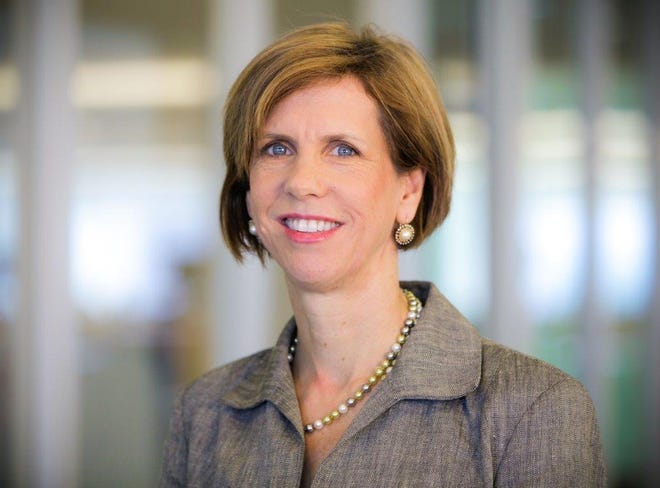How to Start With Little to No Money
- Kumar Sadaram started investing in real estate so that he could quit his 9-to-5 job.
- He now owns more than 50 homes and co-owns over 600 units.
- He shared with Insider his advice for those looking to get started in real-estate investing.
Kumar Sadaram came to the US from Hyderabad, India, in 2001 in search of the American dream. For him, that meant achieving financial independence and not having to work a 9-to-5 job.
“When I started my career I was really sure that I was not a 9-to-5 guy,” Sadaram told Insider. “I was very clear on my goal since the beginning.”
He first got his master’s in computer science from Clemson University and then worked as a consultant for nearly a decade. But he knew it would take him too long to achieve financial independence this way, and in 2010, he decided he would start what would end up being a long and winding journey in real estate.
After he spent months reading up on real-estate investing in libraries and at Barnes & Noble bookstores, he purchased a single-family home in 2012 in the Trenton, New Jersey, area using $29,000 he had saved up from his years of work.
It went much worse than expected: The tenants didn’t pay rent. So he sold the property in a matter of months.
Sadaram — frustrated but not discouraged — kept trying and invested in commercial properties and more single-family homes. He did so with the help of friends and family who were willing to lend him money once he had a track record.
But after years of investing, Sadaram finally found what he called his “secret sauce” that allowed him to build more meaningful wealth: buying foreclosed properties.
He bought his first foreclosed property at an auction in the Manayunk neighborhood of Philadelphia.
“That was my aha moment,” Sadaram said.
“I was already in real estate and understood a little bit about it,” he said. “At that point in time, it was valued at $185,000. So I went to the auction, and I won the auction and I paid $135,000. … I realized that the day I bought, I made $50,000 profit.”
He added: “That was the day I understood that the secret sauce is finding discounted properties.”
But instead of flipping the properties, or selling them quickly for profits, Sadaram used the BRRRR strategy: buy, rehab, rent, refinance, repeat.
After buying one property, he refinanced it and used the cash to buy another foreclosed property, and so on. This allowed him to build a portfolio of properties that generate monthly income.
Sadaram now owns more than 50 single-family homes, according to property and rental documents viewed by Insider. He also co-owns more than 600 units through syndicates. He said he now made as much per year as he made consulting.
Sadaram officially achieved his version of the American dream on August 15, 2018, when he quit his 9-to-5 job.
3 ways to get started in real estate with little to no money
It can seem like a daunting task to get started in real-estate investing without substantial amounts of cash in your coffers. But Sadaram said there were ways to do it with little to no money.
One strategy aspiring investors can use, as Sadaram did, is to partner with family and friends who have the available money, since they are likelier to bestow trust on you than an institution such as a bank.
“You could offer them a fixed interest rate, and you could borrow money from them,” he said. “It’s going to be the cheapest, and it’s going to be the best terms from you.”
If you have no track record to show family or friends, then you could show them the research and underwriting you’ve done for a deal, Sadaram said.
Another way is to get a hard-money loan, he said, but it will likely be more expensive than private money.
If a deal is good, it will find the money to fund it, Sadaram said. Conversely, if a deal doesn’t show good prospects, professional lenders won’t be willing to take a chance.
“If you’re not able to get the money with a hard-money lender, it means that your deal doesn’t have strength. So it’s actually helpful for you because they’re going to vet the deal,” he said. “The hard-money lenders are pros, so if you’re not able to convince them, you should not even do the deal.”
Third, he said investors could form a joint venture. If one party has a deal in hand, has done the underwriting or due diligence, and plans to do things like rehabbing and managing the property, and one party has the money to buy a property, they can partner and split the profits.
“You will always be able to find the money if the deal is right,” he said.
More broadly, Sadaram recommended doing extensive research on real estate to combat being intimidated by it. He also said to follow someone who has experience and consider partnering with them.




